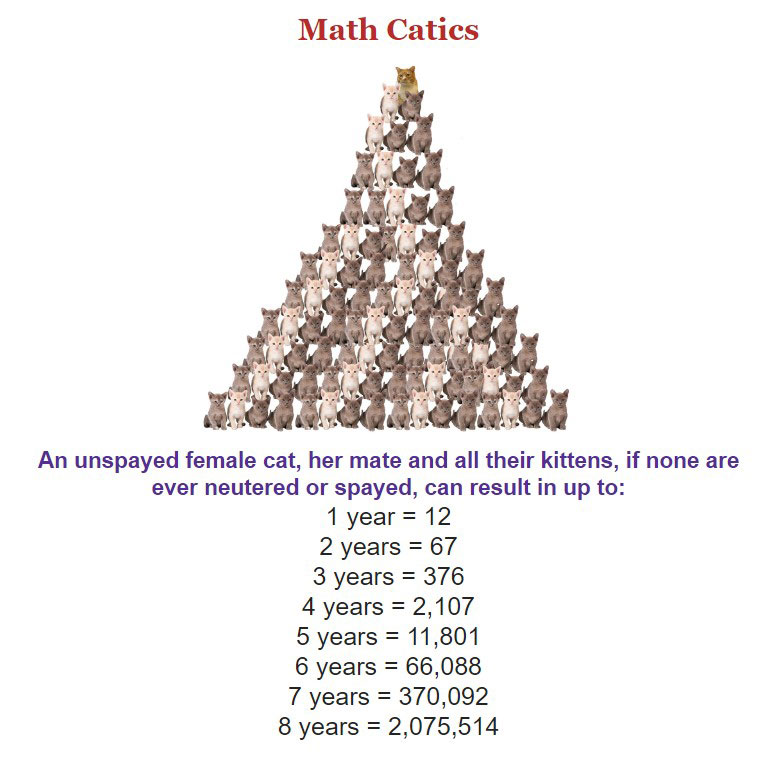Through our Trap-Neuter-Return (TNR) program APS-FH is actively working to protect SJI songbirds by managing and reducing in numbers the island’s homeless, free-roaming (community) cat colonies.
What is TNR?
Trap-Neuter-Return is a humane, non-lethal alternative to the trap-and-kill method of controlling homeless cat populations. Trap-Neuter-Return (TNR) is a management technique in which free-roaming (community) cats are humanely trapped, evaluated, vaccinated, and sterilized by a licensed veterinarian, and then returned to their original habitat – ideally with a caretaker agreeing to provide shelter and feed/water regularly.
TNR means fewer cats, which means fewer threats to birds. Other factors pose more serious threats to bird populations.
Undeniably, the largest threat to birds is loss or degradation of habitat resulting from human development and agriculture. In fact, in a 2013 National Geographic article, Ken Rosenberg, director of conservation science at the Cornell Laboratory of Ornithology, says that “the top three threats to birds overall are habitat loss, habitat loss, and habitat loss.” Other significant hazards to bird populations, recognized by experts worldwide, include chemical toxins and direct exploitation from hunting or capturing birds for pets.
Although no studies support the misleading claims that cats are destroying songbird populations, there’s no disputing that cats do, in fact, kill birds. The point that must be emphasized is that fewer cats mean less predation. That being the case, TNR should not be condemned because of potential threats to wildlife, but rather embraced so that free roaming populations can be curtailed as efficiently as possible to minimize potential predatory behavior.
The APS-FH TNR Program does the following to help decrease and manage free roaming community cats while reducing their impact on SJI songbirds:
- We provide free TNR services to anyone willing to collaborate with us to trap, neuter (spay), and release cats from and back onto their property.
- Our volunteer trappers work on trapping-out the entire colony before moving onto a new property so that we do not leave any breeding cats behind.
- We try to ensure that our community cat colonies have a caretaker providing food and water, so cats do not have to hunt birds to survive. Yes, we are aware they may still hunt, but feeding them greatly reduces hunting activity.
- We stay in communication with our community cat caretakers. Monitoring the colony, ensures that new arrivals are sterilized and vaccinated as quickly as possible.
- Cats are evaluated and, as appropriate, friendly cats and kittens trapped young enough to adjust to being pets are adopted into loving homes.
- Feral and semi-feral cats trapped from properties where no caretaker is available or cats are unwanted, can be relocated to barns, outbuildings or other sites where they are cared for and welcomed as “working cats” for rodent abatement.
- Through our Pet Food Pantry, we provide free cat food to community cat caretakers who need our assistance feeding their cats.
Fortunately, San Juan Island is a small island with a natural water boundary (cats can’t swim over from the mainland). These factors increase our TNR program’s ability to effectively control the island’s community cat population. Through a community effort of communication, education, volunteerism, and by having the resource of APS-FH’s Spay/Neuter Clinic, we can imagine potential elimination or significant decline in SJI community cat numbers and improved protection of our songbirds.

